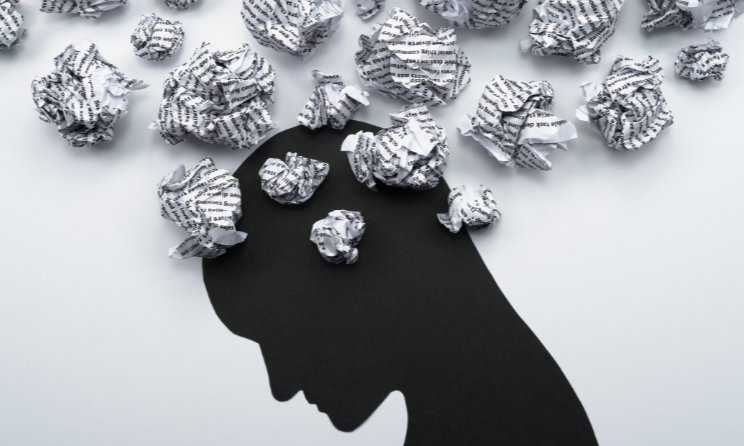Supporting Creatives: Addressing Burnout and Mental Health in the Entertainment Industry
In today’s fast-paced music, film, and entertainment landscape, creatives are confronted with numerous challenges. The hours are long, deadlines are unforgiving, pay can be inconsistent, and public scrutiny is relentless. From our experiences with students and professionals, one standout issue is the spike in burnout, particularly when individuals are working in isolation.
The Cost of Isolation
When creatives tackle their projects alone, a disconnect often arises. Without a supportive community, it becomes difficult to link one’s role to the larger mission of a project. This disconnect can lead to feelings of misalignment and heightened stress. Conversely, when teams feel a sense of meaning and belonging, the risk of burnout diminishes significantly.
Creating a Culture of Support
This is where institutional partnerships play a crucial role. In early 2024, our collaboration with the Academy of Sound Engineering (ASE) originated from a simple yet impactful question: How can we make support practical for creatives? Our approach centers on reducing barriers through anonymous access, a no-cost tier, and clear triage pathways that help individuals understand where to start and what to do next.
Mzi Kaka, the corporate liaison at ASE, explains how this partnership came to fruition. After learning about October Health through a radio broadcast, it became apparent that ASE students not only required training for their craft but also structured support for their mental well-being.
Navigating Mental Health Challenges
The partnership primarily aims to tackle three significant challenges that hinder individuals from seeking help:
1. Stigma
Despite growing awareness, the stigma surrounding mental health support persists. Many still perceive reaching out for help as a sign of weakness. By providing an anonymous entry point, both learners and staff can safely explore their options without the fear of judgment.
2. Cost
A severe shortage of mental health professionals in South Africa exacerbates access issues. Many individuals go without support due to prohibitive costs. The World Health Organization highlights the need for affordable or free care options to bridge this critical gap and ensure that no one is left without help.
3. Triage
Unlike physical health, which has well-defined pathways for care, mental health lacks such structure. Our platform aims to address this gap by providing assessments and guided next steps, ensuring that individuals seeking help do not feel lost or overwhelmed.
Tailoring Support for Creatives
Recognizing the unique challenges faced by creatives—such as irregular schedules, late nights, intense workload spikes, and emotional roller coasters—the support model has been tailored accordingly. With the integration of artificial intelligence (AI), we can personalize care based on specific contexts, whether it’s for a touring DJ or a studio engineer. The emphasis is on directing individuals to the appropriate care sooner and embedding proactive mental fitness practices, rather than merely responding to crises.
Practical Applications at ASE
At ASE, students benefit from live sessions, coaching courses, and an AI companion that normalizes daily check-ins—not just during moments of crisis. This empowers students to integrate mental fitness into their daily routines.
Practical Principles for Creatives
To support mental well-being, three core principles stand out for those in the creative realm:
1. Don’t Do It Alone
Connection is vital; reach out to friends, family, or peer communities. Even utilizing free helplines, such as SADAG, can provide necessary support.
2. Build Community on Purpose
A structured community can significantly boost mental health. Whether it’s a support circle, faith group, or recovery network, individuals who belong to such groups tend to have lower readmission rates after psychiatric care. The sense of belonging is protective.
3. Train Mental Resilience
High performers actively work on skills such as agency, resilience, visualization, and recovery. Celebrating small wins can accumulate into significant progress over time.
Closing the Gap in Mental Health Support
In South Africa, the mental health system is undeniably under-resourced. However, institutions like October Health and ASE aim to bridge the gap between individuals and the support they need. By removing stigma through privacy, minimizing costs with free options, and clarifying pathways to care through triage, we can strive to make mental health support accessible, ordinary, and proactive.
This partnership embodies our commitment to ensuring that talent is preserved, mental health challenges are addressed early, and the show can comfortably go on.



